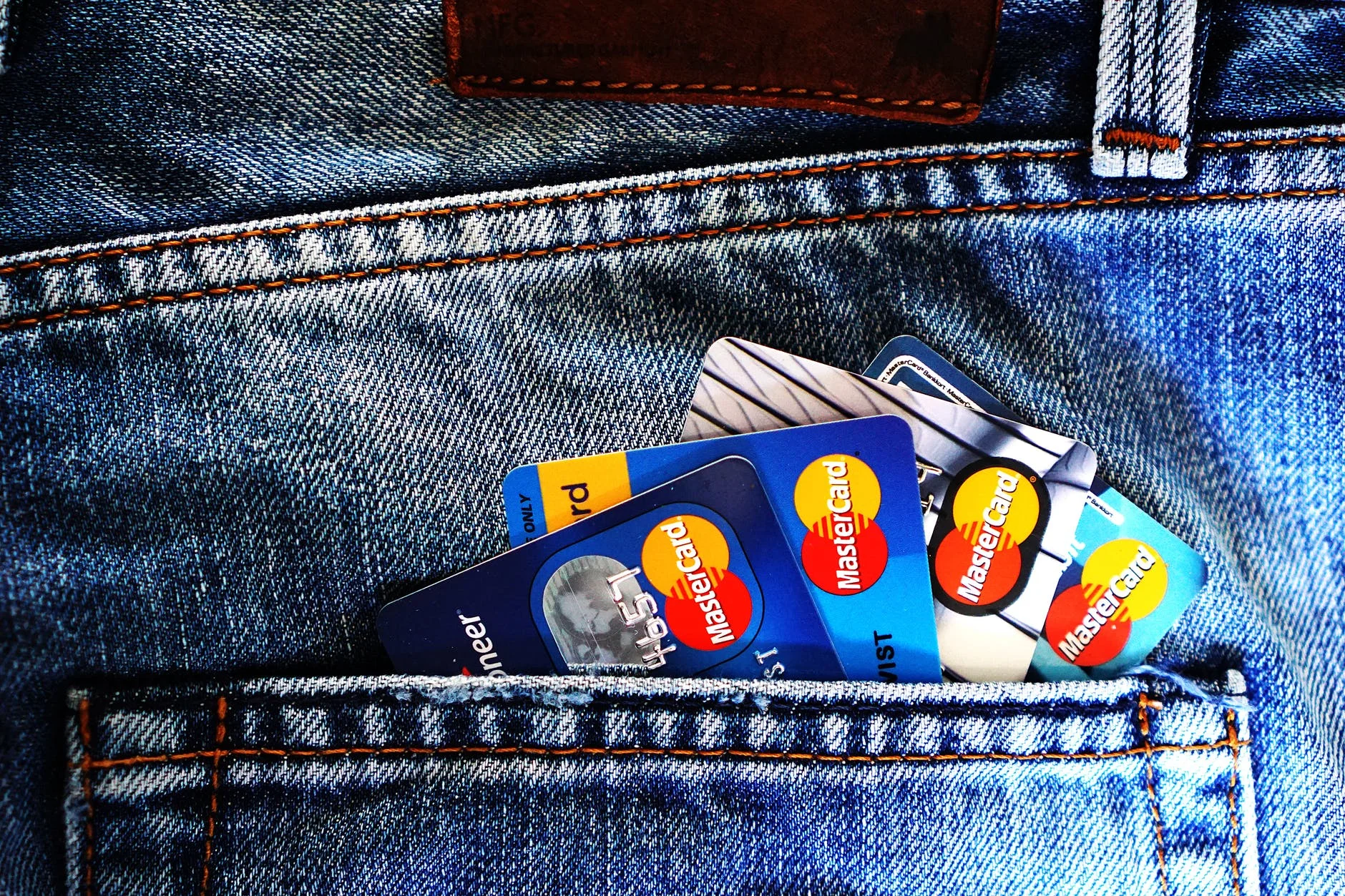How Poor Personal Credit Could Affect Your Business
We all know our credit rating is important. In fact, our credit score is one of the most significant numbers in our lives. A poor credit score can affect your life in a multitude of ways, none of them good. Whether you find yourself struggling to get approved for loans and credit or paying higher interest rates on your mortgage, bad credit will follow you around everywhere you go and complicate your whole life.
You’re not saved by your business credit score, either!
One of the most common but fatal mistakes that new entrepreneurs make is to assume that their personal and professional credit scores are separate. While your business and personal credit scores may be maintained separately, they are intimately linked with one another. If you have a poor personal credit rating, it will still affect your ability to secure credit for your business.
Why Does Personal Credit Affect Your Business?
If you are a new and unproven entrepreneur, you will need to convince banks that it’s worth betting on you and extending you credit. If they don’t think that you’ll be able to pay them back, too bad. They’re unlikely to approve any loans. In the absence of a solid track record for business, they may well use your personal credit score as an indication of how trustworthy you are.
This makes sense.
The lender needs more than your word that you are going to stick to your payment plans. They want some kind of certainty that they will ultimately make money back on their investment. Your credit score is the best indicator they have of how reliable a debtor you are likely to be.
If you have a poor personal credit score, there are a number of problems it can cause. We’ll take a look at each in detail below. Click here to find out more about some general tips for raising your credit score.
Problems Launching Your Business
In order to launch a new business, you often need startup capital. There are numerous costs associated with starting a new business and if you aren’t able to cover even one of them, it can prevent you from launching your business at all. Finding funding to cover these startup costs is one of the biggest obstacles facing any new business. These costs include securing licenses and permits, equipment, supplies, marketing and covering the payroll.
If a business doesn’t have this finance in place from the very beginning, it will seriously struggle during its earliest and most vulnerable days. There are plenty of ways that businesses can try and work around a lack of funds, but none of these are going to be as effective as an adequately funded business.
Remember, bad credit is called bad credit for a reason. A bad credit score makes every aspect of launching and running a business that much more difficult. A poor credit score can prevent you from being able to launch an otherwise viable business and in some cases, can force entrepreneurs to give up their dreams entirely. If you want to avoid falling into this situation, make sure that you stay on top of your credit commitments, debts, and other financial obligations.
Problems Securing Loans
Credit scores in the US range from 300 - 850. If your credit score is too low when a company performs a credit check, they will deny you loans outright. Being rejected for loans can end up seriously throwing a spanner into the works as far as your plans are concerned. Although, there are high risk business loans option that you can still explore.
Banks are much more selective about who they will give small business loans to today than they were just a decade ago. You will, therefore, need to be in a better financial position to secure funding today than you would have been ten years ago. This can make securing funding from traditional lenders an uphill struggle, even if you have relatively good credit. If you can’t obtain funding through a traditional lender, look to alternative funding sources.
The drawback to using one of these alternative funding sources is that they will often charge much higher interest rates than a bank or traditional lender would. Lenders who are backed by government agencies like the SBA are able to offer much lower interest rates to borrowers.
You should treat a small business loan just like any other investment, meaning you need to weigh up how much it is going to cost and what the risks are. The lender will be doing similar calculations on their end to determine whether it makes sense to take a chance on your business or not. Lenders charge interest for this very reason; it is both a fee for the services that they provide and compensation for the risks that they take in lending money to you.
If your personal credit score is bad, lenders will see you as being riskier and will charge you a higher interest rate for any loan they provide.
Inventory and Supply Problems
Most freelance writers won’t have this problem, but I’m going to talk about it anyway, just in case you ever need the info in the future.
Business loans are commonly used when a business needs funds in order to ensure it can maintain appropriate stock and supply levels. It isn’t just lenders that care about your credit score. If you want to open a line of credit with one of your suppliers, they’ll need to be relatively sure that you will be able to pay it back.
If you want to secure some new utilities for your business, the supplying company will want to take a look at your credit score, too. If you have a poor credit score, they may well ask for an additional deposit from you to cover the extra risk that you represent. This is true for most businesses that provide you with any kind of loan, credit or long-term service.
What to Do About Bad Credit
Fortunately, if you do discover that you have bad credit then there are a number of things you can do to remedy this. Don’t let bad credit ruin your entrepreneurial dreams. Take control of your finances and start repaying your debts today.
Here are some things you can do:
Pay down the balance on your credit cards.
Pay your bills on time every month.
Pay of debts like car loans and title loans.
Take out a new credit card but only use it to pay one bill a month and pay the card off every month.











